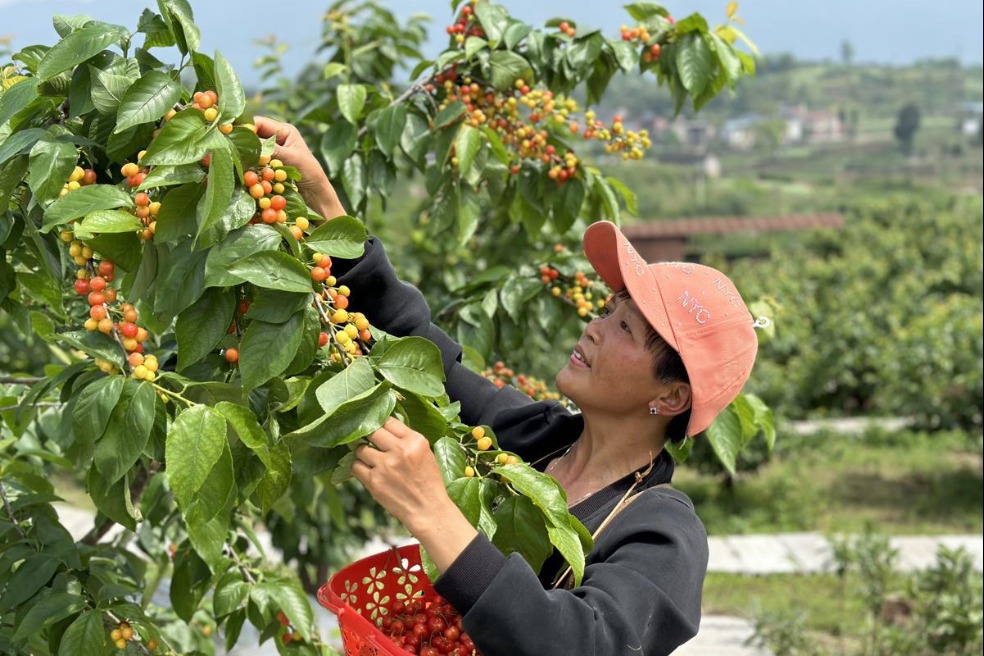The Wutong clan: receiving an education in the mountains

SHENZHEN - While many Chinese parents are pushing their children hard in the harsh exam-oriented environment of China's urban school system, Yun Xiang has left the city for the countryside, determined to raise her child in the arms of nature.
Yun Xiang and her husband quit their jobs in Beijing two years ago, and settled down at the foot of the Wutong mountains, in the suburbs of the southern city of Shenzhen, with their five-year-old son.
"We wanted to let our child get close to nature, and we heard that there were some good schools here," she says.
Her son Dou Dou entered a private school based on the German Waldorf education theory, which emphasizes nature and the arts.
In kindergarten, Dou Dou spends a lot of time outdoors. He has learned how to make pencils with beeswax, and how to make steamed bread with red bean paste filling.
Dou Dou has now entered the school's primary education section. He has no text books, and is encouraged to create his own text books by writing down what he learned in class.
Besides the school built on the basis of a western philosophy of education, the Wutong mountains have also seen the emergence of Sishus, or private schools, which are usually run by families and mainly teaching traditional Chinese classics.
Zhang Zhonghe, a former painter, now runs a Sishu in the mountains. Besides Confucian classics, his students also learn arts such as calligraphy, Chinese traditional painting and Chinese shadow boxing.
"Confucius said 'A cultured man is not a tool.' Children should not be brought up in a uniform way, and they should be allowed to realize their different potential," Zhang says.
There are a dozen Sishus in the mountains, mostly on a very small scale, with a dozen students or less.
Qiu Ying rents out her house in downtown Shenzhen and sends her five-year-old daughter to a Sishu in the Wutong mountains. Qiu works in a foreign trade company in the city and spends around two hours commuting every day.
"Getting in close touch with nature is a valuable experience for the child," she says.
More and more like-minded parents are gathering in the Wutong mountains, where an education community of 160 households has been formed. The parents keep close contact with each other and are actively involved in school activities.
Yun Xiang says that recently in order to help the children's mountain climbing activities every Wednesday, some of the parents built an 8-meter-long wooden bridge over a cove.
"The best education for children is to inspire them to follow their own way and teach them what they want to learn," she says.
Sun Yunxiao, an expert with China Youth and Children Research Center, says these schools are a good trial for parents to experiment with different forms of education, but also points out the importance of government supervision to ensure quality education.
- Eight dead after minibus collision
- Chinese PLA navy to celebrate 75th founding anniversary with series of events
- Student detained on suspicion of the death of his roommate
- Smart teaching system launched for international Chinese learning
- Shanghai prepares to open parks 24 hours a day
- Action taken over Chongqing Gas Group overcharging



































